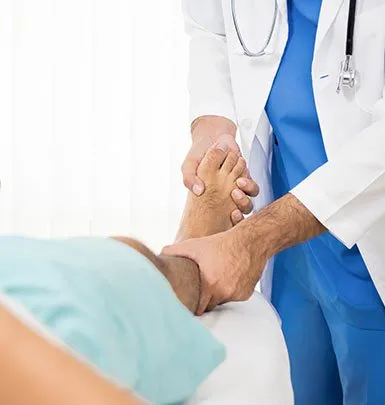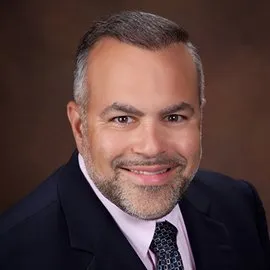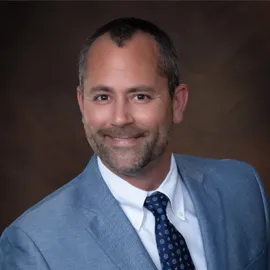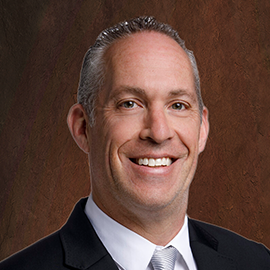Achilles Tendonitis Treatment
Achilles Tendon Injuries
The name Achilles is one we’re all very familiar with due to the famous Greek legend. Achilles’s mother Thetsis held him in the river Styx by his heel, leading all of his body but the foot becoming invulnerable. The tendon that connects the calf muscle to the heel bone (also called the calcaneus) is named for Achilles for that very reason. The Achilles heel is the largest and strongest tendon in the body, but overstressing it can cause great injury. The two main injuries that can befall your Achilles tendon are 1.) overuse and inflammation, or Achilles tendinitis and 2.) a tear or break in the tendon, called an Achilles tendon rupture.
Achilles Tendonitis
Achilles tendonitis is actually a common sports injury. If you run, dance or have a job on your feet you may be at risk of getting such a disorder. You may also strain your tendon if your exercise routine becomes more intense without transition (ie: running uphill when you’re not used to it, or exercising heavily after a break). Achilles tendonitis begins as a mild pain in the back of leg or heel after exercising, and gradually worsens the more you put strain on your heel. You may also experience mild swelling, stiffness, and tenderness in the mornings, although mild activity will usually improve it.
Nonetheless, if you have persistent pain, it’s best to see your doctor for a diagnosis. Your doctor will look at your foot for signs of swelling, thickening, tenderness, and examine where you feel pain in your tendon (heel, lower/middle tendon, etc). Depending on severity, they may also order tests like MRIs or x-rays.
Administered treatment will depend on severity. For mild cases it will usually involve rest from any strenuous activity (opting for lower impact workouts instead, like switching from running to biking or the elliptical) or icing the said area. You may also be told to take nonsteroidal anti-inflammatory medications (NSAIDs) like ibuprofen. Also, an orthosis (brace) may be used to support your ankle, or bandages may be applied for minimal joint movement.
A severe case may need to consider surgery. Joint surgery is suggested if the pain shows no improvement after six months, and is done to repair any tears or remove inflamed or fibrous (toughened) tissues. Surgery is usually hassle-free and most patients recover well if they are dedicated to their rehabilitation.
Achilles Tendon Tear Treatment in Fort Myers, Estero and Naples
An Achilles tendon tear is again a common sports-related injury, or can occur during a trauma like an accidental slip and fall. Patients often hear a “pop”, snack or cracking sound when they tear their tendon, followed by their pain and swelling. With a tendon tear, you may also be unable to bend your foot downward and feel weakness walking normally, and may also have a bruise on your heel.
If you rupture your tendon completely, you will probably need surgery. After your tendon tear surgery, your ankle will be kept in a cast or walking boot in order to not put weight on the leg, and you may need to use crutches, a walker or wheelchair to support yourself. Even nonsurgical treatments may use a cast below the knee, as it will allow the ends of the torn tendon to heal on their own. However, if you have a severe tear and don’t opt for surgery, the nonsurgical approach may actually take longer to heal and the tendon may re-rupture. Ankle surgery is safe and offers a better chance for full recovery, and is the choice most athletes make to return to their routines.
To learn more about Achilles tendon treatment options in the Fort Myers, Estero and Naples area, contact Orthopedic Center of Florida.
Resources
- Achilles Tendon and Frequently Asked Questions
- Foot & Ankle Arthritis
- Bunions and Frequently Asked Questions
- Heel Pain
- Adult Acquired Flatfoot
- Ankle Sprains
- Charcot’s Neuroarthropathy
- Diabetic Foot
- Hammer Toe
- Ingrown Toenails
- Morton’s Neuroma
- Peroneal Tendonitis
- Plantar Fasciitis
- Stress Fractures of the Foot and Ankle
- Tarsal Tunnel Syndrome

Meet our Foot & Ankle Doctors:
Andrew M. Belis, DPM, FACFAS, FASPS
ABFAS Board Certified: Foot Surgery ABFAS Board Certified: Reconstructive Rearfoot & Ankle Surgery ACFAS OCF Foot & Ankle Surgical Fellowship Director Podiatry Specialties Conditions Treated Complex Trauma (Ankle and Foot...
Michael R. Black, DPM
Double Board Certified Podiatric SurgeonOrthopedic Services and Sports Medicine SpecialtiesPodiatry[button...
Jeffrey E. Kleiman, DPM
Board Certified Foot & Ankle SurgeonPodiatryAnkle and Foot...
Patricia Nicholas, DPM
Podiatry DoctorPodiatry SpecialtiesConditions TreatedCorns...




